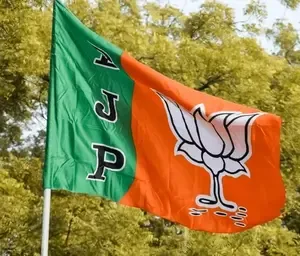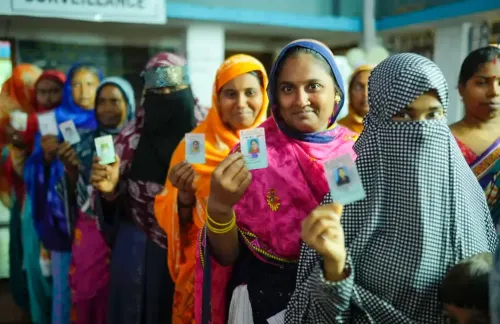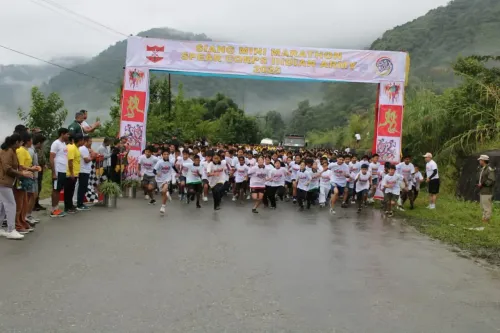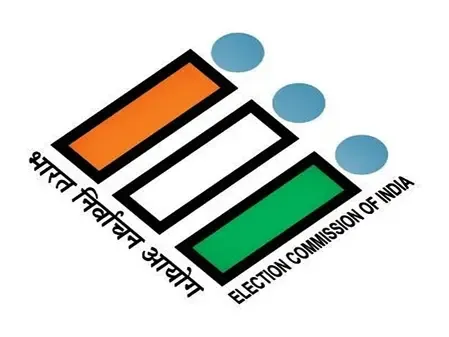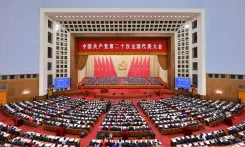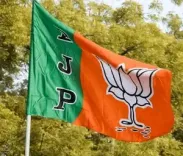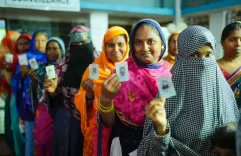Did the Geological Survey of India Dismiss AAP's Allegations on Potash Exploration?
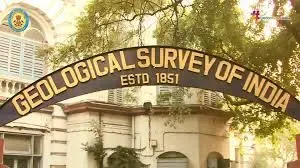
Synopsis
Key Takeaways
- GSI denies allegations of discrimination by the AAP government in potash exploration.
- Exploration decisions are based on scientific data and feasibility.
- GSI is conducting ongoing projects in Punjab, demonstrating collaboration with state government.
- Two new G4 stage exploration projects have been initiated in Fazilka District.
- GSI emphasizes the importance of geological evidence in exploration efforts.
New Delhi, May 8 (NationPress) The Geological Survey of India (GSI) has categorically denied the allegations made by the Bhagwant Mann-led AAP government in Punjab, which claimed that the Centre is showing bias against the state in the search for potash resources.
The GSI stated that it “strongly disputes the recent assertions published in the newspaper 'The Morning Standard' on May 7, 2025, under the headline 'Potash reserves discovered, AAP Government claims Centre is biased on exploration.'”
The agency explained that the decisions regarding exploration activities, including potash, are reliant solely on scientific merit, geological data, and techno-economic feasibility, rather than on regional biases.
As a key scientific entity under the Ministry of Mines, GSI has been actively involved in potash exploration in Punjab as part of its comprehensive national strategy. The potash-bearing formations in Punjab are part of the broader Nagaur-Ganganagar Evaporite Basin (NGEB), which predominantly spans Rajasthan, with a minor extension into Punjab, as clarified in the GSI statement.
Since 1985-86, GSI has executed five reconnaissance (G4 stage) exploration projects across the districts of Ferozepur, Sri Muktsar Sahib, and Fazilka in Punjab. These investigations uncovered the existence of potash mineralization at notable depths between 630 and 770 meters, primarily linked with halite, clay, and dolomite.
In the current Field Season 2025-26, GSI has initiated two new G4 stage exploration projects in the Rajpura-Rajawali and Gidranwali-Azimgarh blocks, located in Fazilka District, covering an area of 128 sq. km with a drilling plan involving 5100m across six boreholes.
These projects were launched following a request from the Punjab government during the 64th meeting of the Central Geological Programming Board (CGPB) in January 2025 at Bhubaneswar, highlighting GSI's responsiveness to state inputs.
Currently, exploration in these two blocks is underway, and based on the results and positive indicators, GSI is considering advancing these blocks to G3 and G2 stages in future initiatives.
Additionally, GSI is conducting gravity-magnetic surveys as part of its National Geophysical Mapping Programme (NGPM) in the region to identify mineralized zones, as the area is largely concealed by thick soil and Quaternary sediments.
“GSI reiterates its dedication to the mineral development of all Indian states, including Punjab. Besides the ongoing potash initiatives, GSI has consistently incorporated Punjab into its national exploration agenda,” the statement concluded.
GSI also encouraged stakeholders to recognize that scientific exploration is a technical process driven by geological evidence, resource viability, and national interests.

